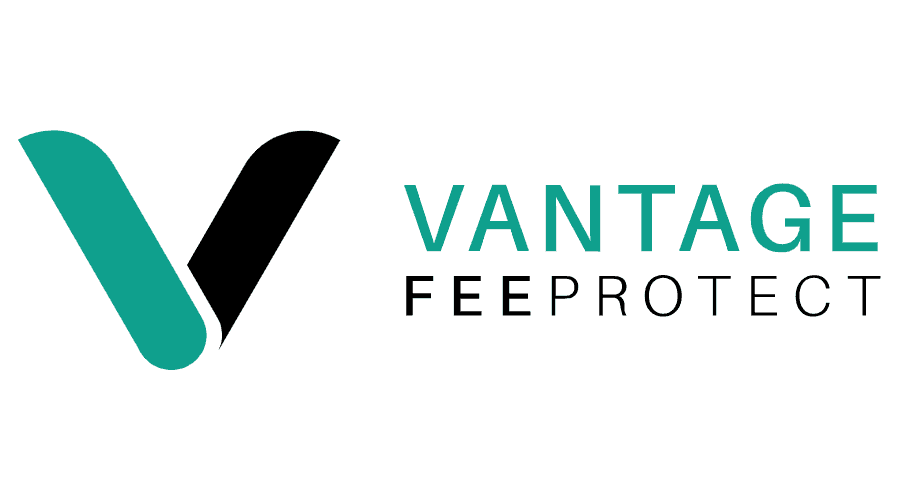Dedicated Guide
Off Payroll Working (IR35) Rules
This guide is designed to ensure that our clients are well informed and understand the basis on which the off payroll working (IR35) rules are applied. Complete the form at the bottom of the page to download this guide.









Introduction:
The Off Payroll Working (IR35) Rules are detailed and complex. This article is designed to provide a summary of the main provisions to ensure that our existing clients are well informed, and provide some comfort that our firm, as a responsible accounting and taxation services provider for the SME sector, understands the basis on which these rules are applied and has taken steps to ensure compliance.

Download The Guide
We're Here to Help
If you'd like any further information or have a question, contact our team today!

